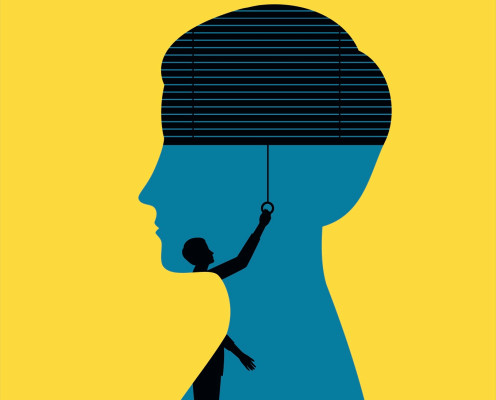Christmas came early for Palo Alto’s Bill.com, as the cloud-based payment technology company’s shares surged more than 61% in their public trading debut Thursday.
Bill.com shares ended the day at $35.50 after the company priced 9.8 million shares at $22 a piece. Demand for Bill.com stock turned out to be so popular that the company raised its IPO price from its estimated range of $19 to $21 a share. Bill.com raised $216 million in its IPO.
Founded by chief executive Rene Lacerte in 2006, Bill.com specializes in automating the back-office financial operations for small and medium-sized businesses with billing and payment software. Bill.com says it has technological relationships or partnerships with the likes of Oracle, NetSuite, MasterCard and American Express.
“We’ve been planning for this for a long time,” said John Rettig, Bill.com’s chief financial officer, of the company’s IPO. “It’s a huge market opportunity we’re going after because there are millions of businesses moving off of paper billing platforms and into the cloud. We feel we’ve reached a scale where the next phase of growth was to be in the public markets.”
Bill.com’s first trading day success comes at the end of what has been a year of notable public debuts for Bay Area companies, many of which haven’t lived up to their IPO high points.
In what was probably the highest-profile IPO of the year, Uber went public in May at $45 a share, but slumped early and finished its first day of trading at $41.57 a share. Since then, Uber’s shares have only performed worse, and closed Thursday at $28.69 as the company has been dealing with a series of embarrassing public situations, a big sale of stock by early investors such as former Chief Executive Travis Kalanick and a long-awaited safety report that revealed the company had received thousands of claims of sexual assaults in its rides in 2017 and 2018.
Uber’s main ride-hailing rival, Lyft, hasn’t had things much better. Lyft went public in March at $72 a share, and rose to $78.29 a share by the end of its first day on the stock market.. However, Lyft’s shares then began to fall as analysts raised some concerns about challenges in the ride-hailing market. By Thursday, Lyft’s stock was down to $46.64 a share.
Image and information sharing company Pinterest went public in April at $19 a share, and rose by more than 28 percent to close at $24.40 on its first day as a public company, but has since slumped to where it finished Thursday at $17.75 a share.
Workplace-messaging technology Slack held a different kind of IPO when it went public in June. Instead of selling some of its shares to underwriters, as its typical in the IPO process, Slack used a “direct listing” method in which it put approximately 283 million of its shares out on the market for anyone to buy at $26 each.
Initial reaction to Slack’s debut was strong, as the company’s shares rose almost 49% on their first day on the market, to close at $38.70. But, like many other newly public companies, Slack hit the skids as the year went on, and its shares finished Thursday at $20.90 a piece.
By contrast, Zoom Video Communications, which went public at $36 a share on the same day as Pinterest, soared on its first day of trading to $62 a share, and has held on to its IPO gains to the point where its shares closed Thursday at $62.49 each.










